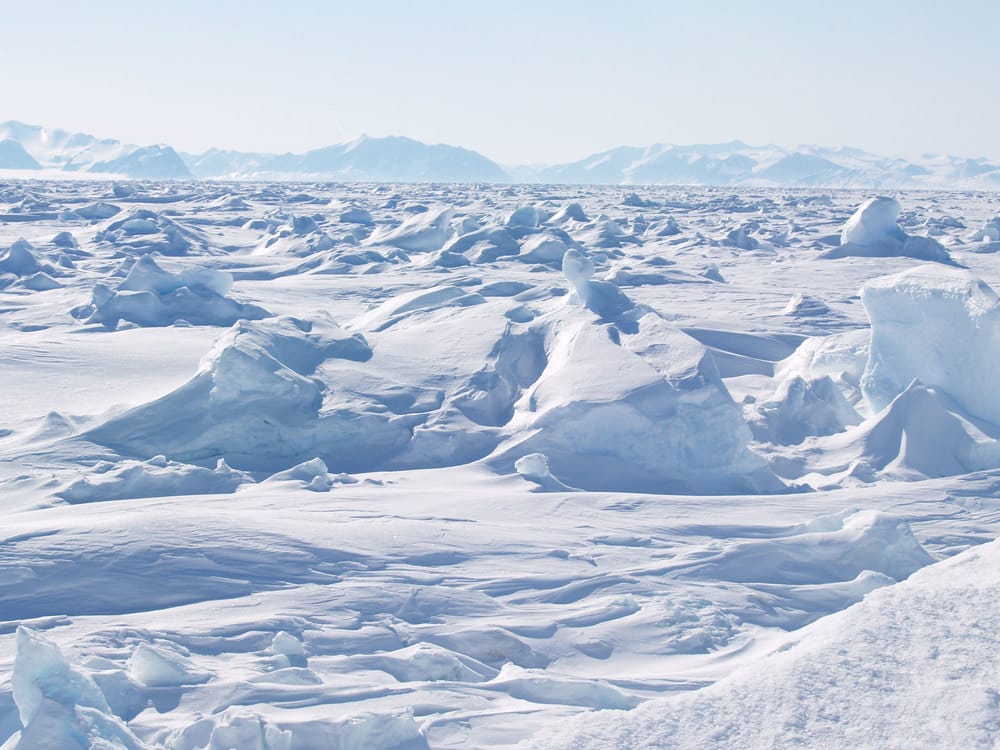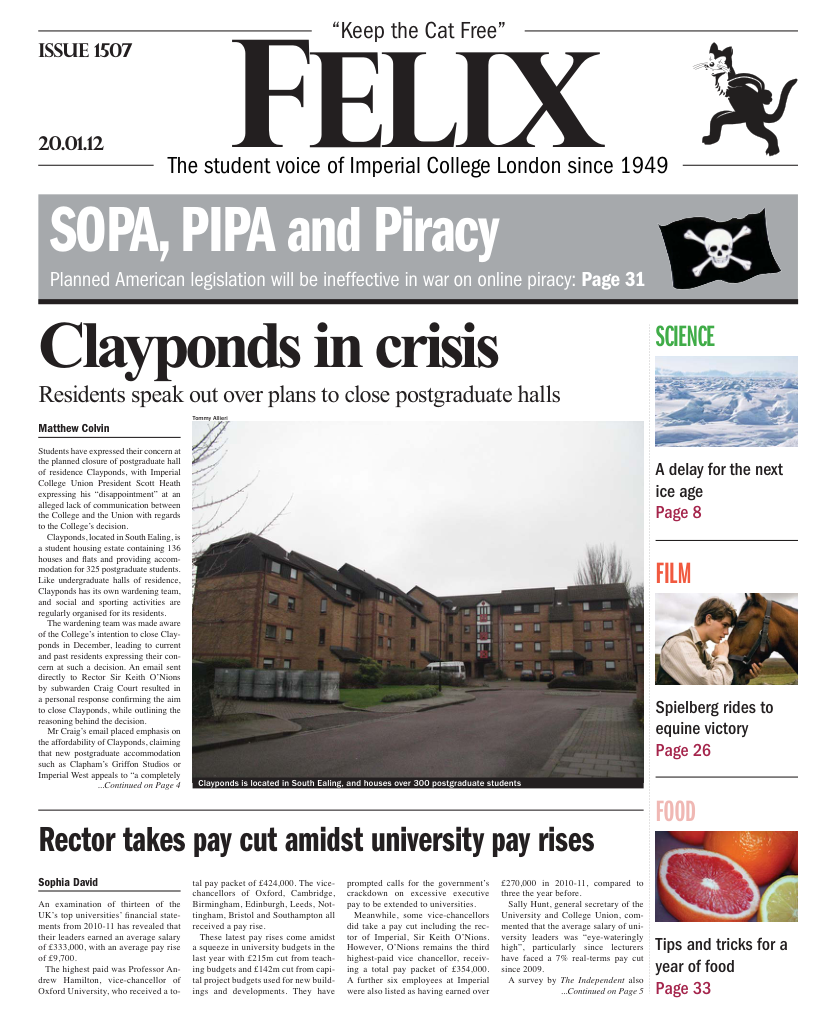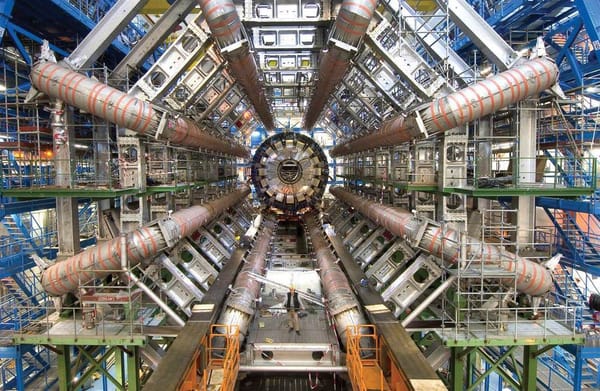The next ice age may be late
Carys Cook on how human activity may cause a delay in the next ice age

Human activity may be delaying the Earth’s next ice age, a new study reveals, suggesting that atmospheric CO2 concentrations need to be considerably lower for Earth’s next climatic heartbeat to follow its natural rhythm. The study, by Professor Chronis Tzedakis and colleagues at the Environmental Change Research Centre at University College London, published in Nature Geoscience, looks at recent geological analogues of the current interglacials in order to answer a question that has, up to now, stumped climatologists – how long do we have until the next ice age?
Over the last few million years, Earth’s climate has been dominated by fluctuations between ice ages (or glacials) and their corresponding warm periods (interglacials), climatic states that are controlled by the amount of solar radiation reaching the high latitudes of the Arctic and Antarctic. In turn, the amount of solar radiation reaching Earth on timescales of thousands of years is controlled by regular and mathematically predictable fluctuations in our planet’s orbit during its transit around the Sun. For example, precession describes a 26,000 year shift in the orientation of Earth’s axis of rotation, whereas obliquity, with a 41,000 year cycle, results from the wobble of Earth’s axis relative to the solar plane.
Despite their predictability, complications arise when attempting to reconstruct or predict the climate’s response to these regular perturbations. This is because the Earth’s climate is inherently complex, with many poorly understood processes that produce feedbacks and amplifications in response to changing solar insolation and greenhouse gas concentrations.
It is these uncertainties that mean that studying the timing of past glacial inceptions in the context of orbital variability is a bit redundant – the durations of past interglacials has been variable as a result of different climatic conditions and component responses. Despite this, there are one or two candidates that may be comparable to the modern interglacial – in particular, one event that occurred around 780,000 years ago. This climatic interval is the target of Tzedakis’ study, due to similarities in the amount of solar insolation to today. In fact, their modelling suggests that today’s levels of solar insolation would be sufficient to initiate an ice age in the next 1500 years, a remarkably short amount of time. However – and this is a big however – in order for an ice age to initiate, a threshold must be reached where atmospheric CO2 concentrations are low enough to permit global cooling. Today, CO2 concentrations are around 390ppm and fast increasing, but the ice age inception threshold lies around 240ppm. The implications of this are massive – human activity is preventing the natural cyclicity of Earth’s climate and may delay the next ice age, which is immediately imminent, at least in geological terms.
So, as the Global Warming Policy Foundation (the UK’s leading source of climate change scepticism) suggests – we have a choice. Either we halt CO2 emissions today and dress up warm and deal with the next ice age, or carry on the same and bask in the searing temperatures and flooding of the warm world of the future…either way, climate change is here and it is here to stay.
DOI: 10.1038/ngeo1358







